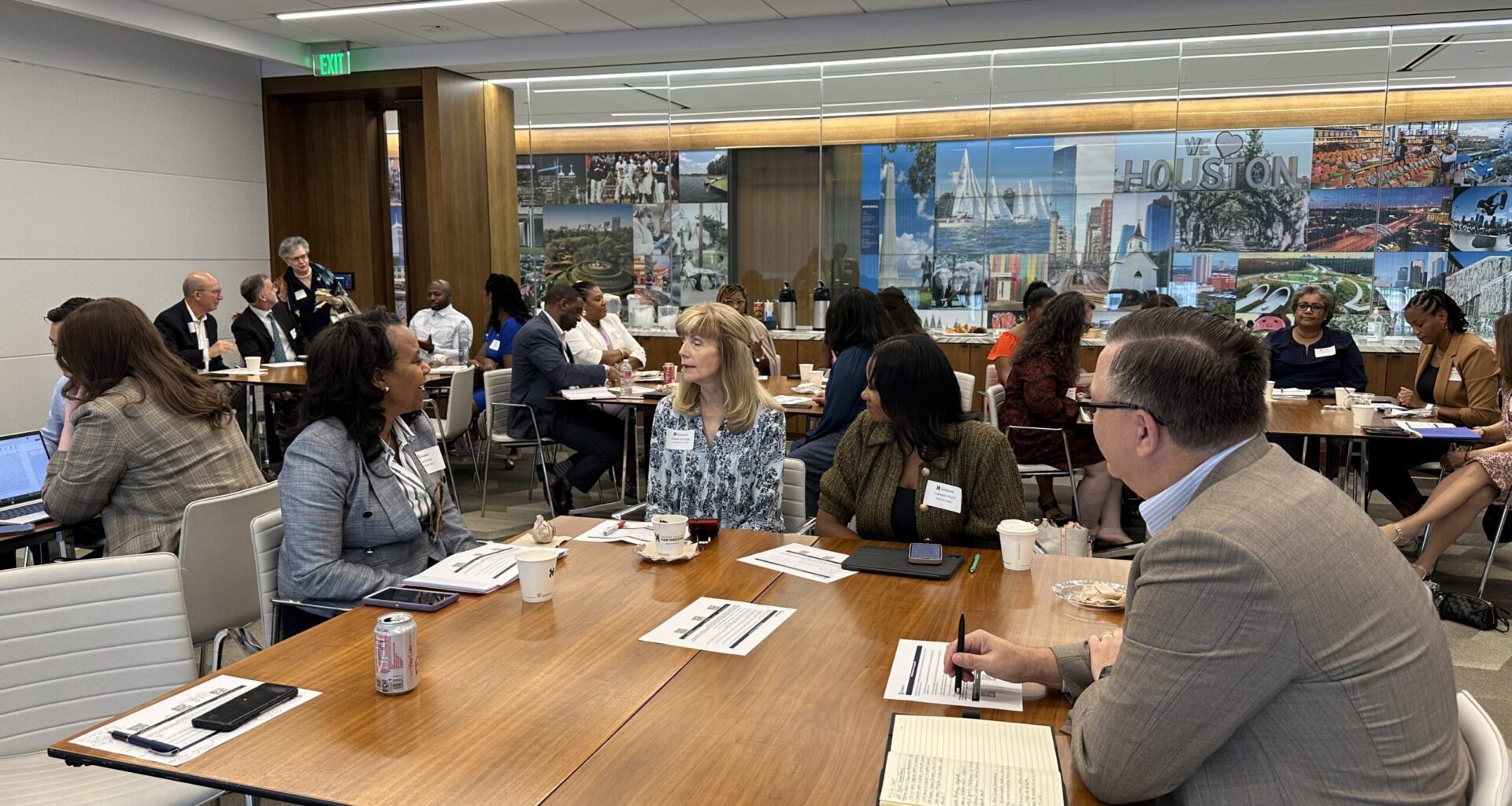According to the U.S. Chamber of Commerce, one in three Americans have experienced incarceration in their life, representing an estimated 80 million people. Well-designed reentry programs not only help reduce recidivism and open untapped talent pools and create stronger local job markets.
The Greater Houston Partnership recently explored this topic during an event highlighting measurable approaches to second chance hiring and its effects on workforce development in Houston, featuring Representative Chris Valka from the Prison Entrepreneurship Program (PEP) and Liliana Rambo from SERJobs.
Workforce Participation and Impact
National data indicate that 85% of HR professionals and 81% of business leaders report that employees with criminal records perform as well as or better than those without such records.
The MIT Sloan School of Management reports that second-chance hiring can improve retention rates, enhance workplace loyalty, and expand access to skilled labor. This is especially true in industries facing ongoing shortages. The Second Chance Business Coalition further estimates that excluding formerly incarcerated individuals from the workforce costs the U.S. economy tens of billions of dollars annually.
Program Models and Local Implementation
The Prison Entrepreneurship Program (PEP), a Houston-based initiative established in 2004, provides a structured model combining business and job training with character development. The program reported an increase in employment rates from 60% to 100% after including personal development and mentoring components. PEP’s network includes approximately 450 volunteers, mentors, and employer partners. “We teach business but form a community” said Chris Valka. Ninety percent of PEP staff members are formerly incarcerated, creating a peer-supporting environment for participants. It also provides financial capital for small business startups.
SERJobs provides another source of all-inclusive reentry support. The organization assists participants with coaches to help with transportation, food access, resume preparation, professional development, and more. They offer reentry programs for men, women, and veterans. Certification programs at SERJobs include an eight-week job readiness course followed by direct engagement with employers, functioning as an early screening process for job placement. The organization’s latest graduate included 102 participants.
Organizational and Cultural Considerations
There are concerns about liability, safety and organizational risk with second change hiring – but Rambo and Valka emphasized that effective change requires internal culture shifts, open communication about potential challenges, and change management strategies.
Skill development was highlighted as a central factor in sustained employment outcomes. “If people have competence, they have confidence” said LaTanya Flix, Sr. Vice President of Inclusive Leadership and Opportunity at the Partnership.
Why This Matters
Research and local program outcomes demonstrate that second chance hiring provides measurable benefits for employers and the regional economy. Structured reentry initiatives, when combined with job training, mentoring, and community partnerships, increase employment rates and reduce reoffending.
Get Involved: Building Houston’s Future Together
Get involved with the Partnership’s UpSkill Houston & One Houston Together initiatives that allow leaders to connect, develop tools, and share best practices. This makes inclusion a reality for employers and job seekers.
Contact [email protected] to learn more about joining this vital work.

